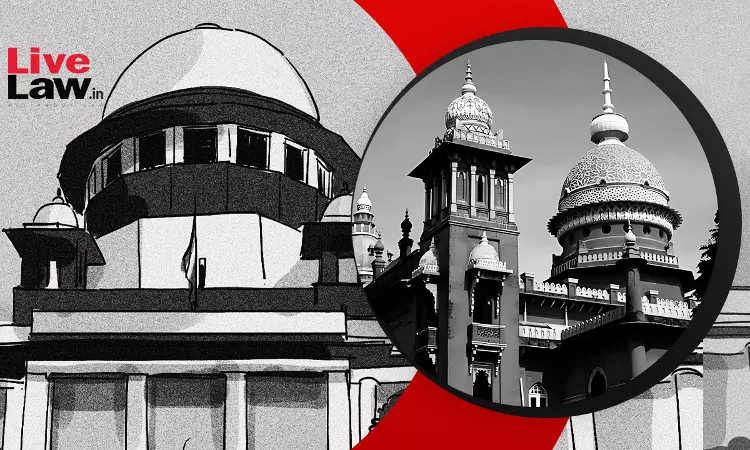The Supreme Court on Wednesday (February 7) declined to entertain a plea challenging a directive issued by the Madras High Court to conduct trial proceedings within prison premises.This case originated from an appeal filed by one Sutherson against the rejection of his bail plea by a Thoothukudi special court. He was arrested for the murder of an advocate over suspected business rivalry...

